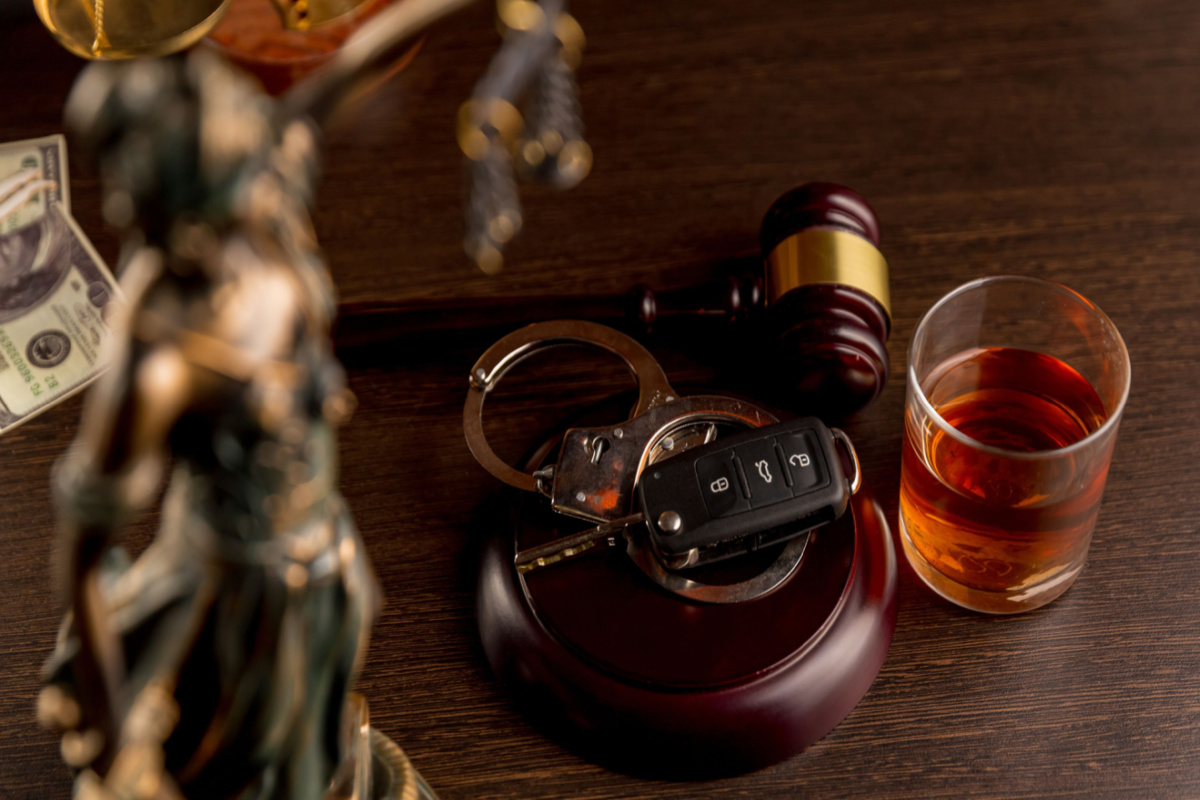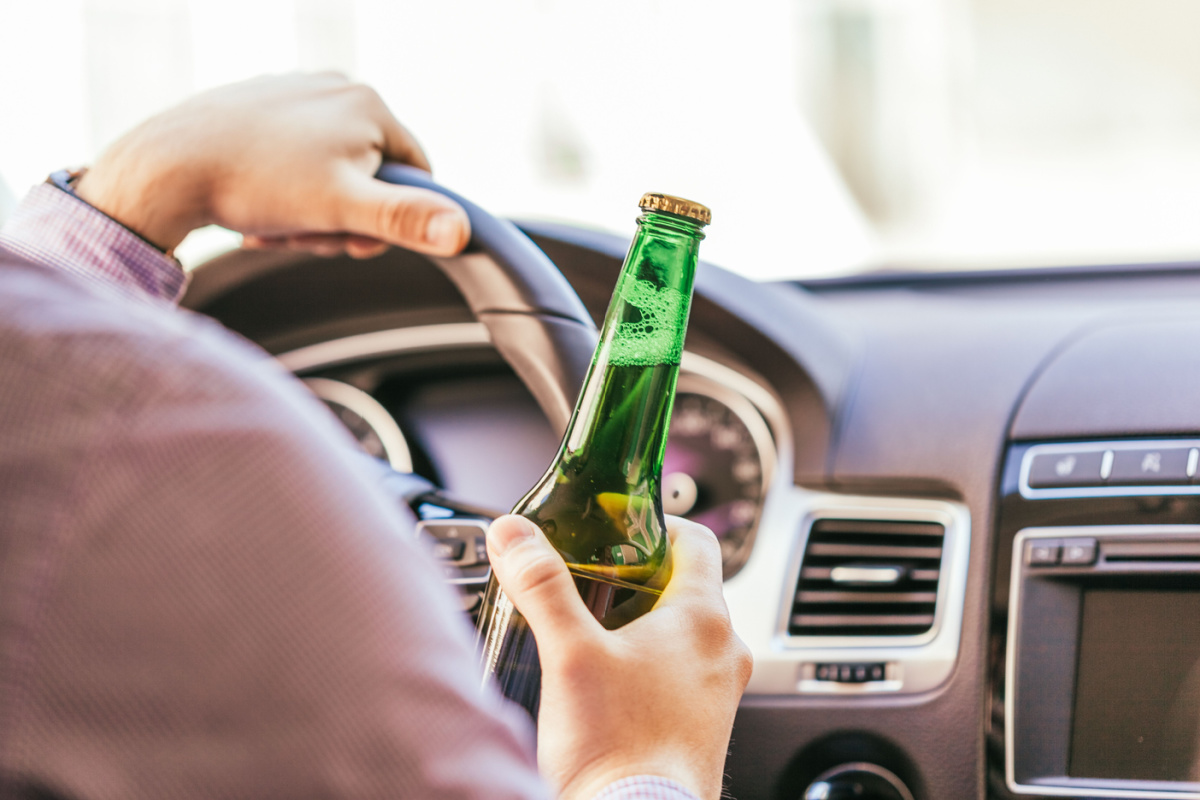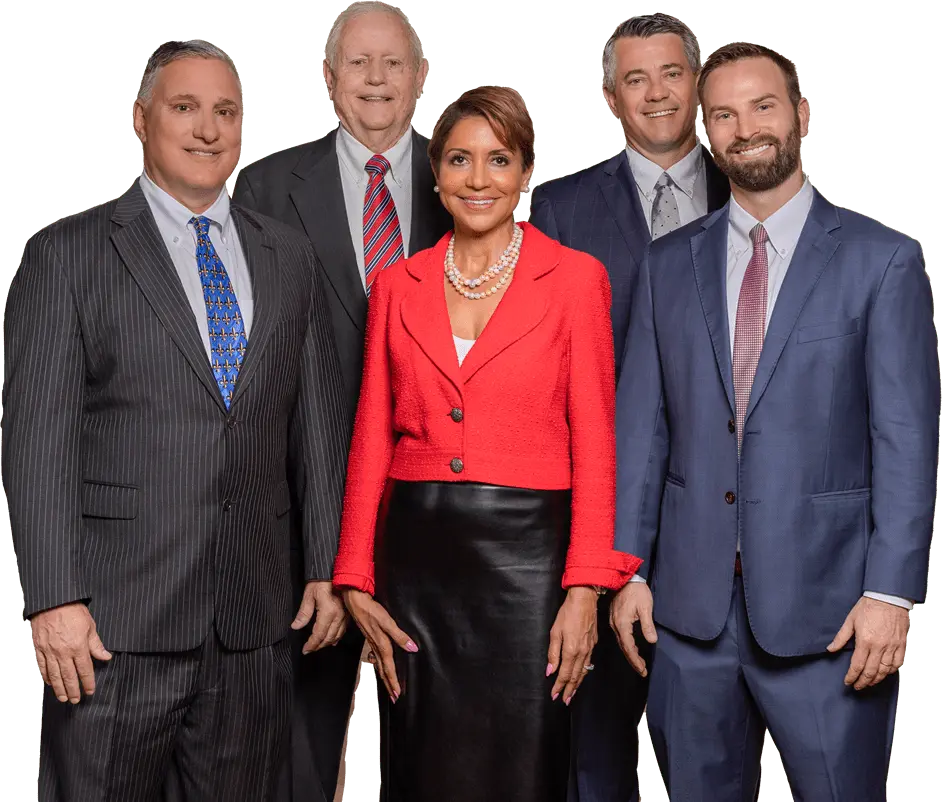
Partner at Charbonnet Law Firm LLC Practice Areas: Personal Injury Claims

Driving Under the Influence (DUI) is a serious crime and a major cause of road accidents. However, does it automatically warrant the drunk driver liable?
The short answer is no. However, the intoxication of drunk drivers increases the likelihood that they will be held responsible. In 2020, alcohol-impaired drivers were responsible for 62% of fatalities in crashes involving impaired driving, while passengers, drivers, and non-occupants accounted for the remaining 38% of fatalities. These statistics highlight the devastating impact of drunk driving.
However, it’s worth noting that there are extenuating circumstances in accidents that may not necessarily be the driver’s fault. For example, NFL player Josh Gordon’s drunk driving suspension was overturned in 2021 after it was determined that he was not impaired at the time of his arrest. Gordon had a history of run-ins with the law for his drinking, including several stints in rehab. In this case, it would have been easy to assign blame based on this history. Yet, the evaluation of the facts and the eventual ruling of his case underscores the point that not all drunk drivers are liable for accidents.
A personal injury lawyer can help you determine fault and liability in a drunk driving accident. This article discusses how to determine liability in a drunk driving accident.
Driving under the influence is a crime under state laws seeking to regulate the use and operation of a vehicle after a driver has consumed alcohol. It is illegal for a driver who has consumed a certain amount of alcohol to get behind the wheel.
Alcohol-impaired drivers can’t control their vehicles safely. Drunk drivers behave unpredictably on the road, increasing the risks of serious accidents.
Consequently, drunk drivers are mostly considered negligent i.e. they have committed a clear violation placing themselves and others around them in substantial danger. A DUI is a criminal offense with severe criminal and civil penalties.
In most states, a first-time DUI is considered a misdemeanor, punishable by fines and up to six months of jail time. Some states allow drivers to avoid jail for first-time offenses. However, some impose a minimum jail sentence of a few days or weeks to deter drunk driving habits.
In case the driver’s DUI results in serious injury or the death of another person, the court may impose a much harsher sentence, even for first-time offenders. The punishment can be severer for subsequent DUI charges.
Besides jail time, the court may also order the revocation or suspension of the driver’s license for a certain period, pending the completion of alcohol or drug rehab programs. License suspensions may be as brief as 90 days or as long as multiple years for repeat offenders.
In the context of a DUI, the prosecutor will file a criminal charge because the drunk driver broke the law. If found guilty in a criminal case, the drunk driver may be sentenced to jail, be forced to undergo rehab programs, or be required to pay significant fines.
The prosecutor must prove beyond reasonable doubt that the drunk driver is criminally liable and should be punished. As such, as the victim, the outcome of a DUI criminal hearing has no direct financial benefit to you as a civil case would.
On the other hand, a drunk driver can also be held civilly liable, besides facing a criminal charge. This means that as the private, aggrieved party, you can sue the drunk driver to attempt to recover compensation from the drunk driver for some type of damage you suffered as a result of their actions.
The drunk driver can be held civilly liable and ordered to pay for the damages that may include:
Cost of medical expenses
Lost wages and income
Monetary compensation for any other damages the victim suffers. This may include pain and suffering, as well as non-physical injuries.
The burden of proof is different in criminal and civil cases. In a criminal case, the prosecutor must prove beyond reasonable doubt that the drunk driver committed the offense. This is the highest burden of proof in the US. The prosecutor must prove every element of a criminal charge, and the burden must be met.
The burden of proof in a civil case is by a preponderance of the evidence. Such tends to be a lower standard than beyond a reasonable doubt. It is easier for a drunk driver to be found guilty and liable in a civil case than a criminal one.
You or your attorney must prove that it is more likely than not the drunk driver is guilty of what you accuse them of. You would simply need to prove the driver was driving while under the influence and that their drunk driving caused you some injuries or damages in some way.
The following evidence can be compelling proof of the drunk driver’s intoxication at the time of the accident.
Failed field sobriety tests
Witness testimony of erratic pre-accident driving/ road conduct
Failed blood or urine tests.
The driver’s statement admitting alcohol consumption before driving
Physical signs of intoxication, such as bloodshot eyes, slurred speech, etc.
A reconstruction of the driver’s schedule in the minutes or hours preceding the accident.
Civil liability for DUI cases is often a result of injury or damage caused to the victim of their property. A drunk driver will be found liable to pay a sum of money to the victim. In a civil case, the victim can be compensated for the property damage, lost wages, healthcare expenses, and other costs associated with the DUI accident.
An example of civil liability for a drunk driver is being ordered to compensate the victim’s medical costs associated with the injury they caused. A drunk driver may also be found liable for crashing into the plaintiff’s property and may be ordered to pay the cost of repair or replacement.
When you file a civil suit against a drunk driver, you are seeking a financial sum–typically known as damages as compensation for your loss or injury. You may seek compensatory damages that are categorized into:
Special damages. These are used to compensate for current and future out–of–pocket expenses such as lost income, medical costs, and other economic losses.
General damages. These can help you recover from more subjective impacts of the DUI accident, such as mental and physical pain and suffering.

A lawyer can help you compile a thorough incident report to support your case. They will gather police reports and witness statements that can be valuable to your claim.
A personal injury lawyer can also handle correspondence with the insurance company on your behalf. Filing an insurance claim can be stressful, especially since most insurance companies outrightly deny claims or try to reduce payouts. An attorney can provide the best legal counsel and service to support your DUI accident claim or case while you focus on recovery. If you have been involved in a car accident with a drunk driver in New Orleans, please contact the Charbonnet Law Firm, LLC online, or call our office at (504) 294-5094.

With over 50 years of legal experience serving families in the New Orleans area and surrounding Louisiana communities, our firm takes pride in providing clients with personalized legal services tailored to individual needs.